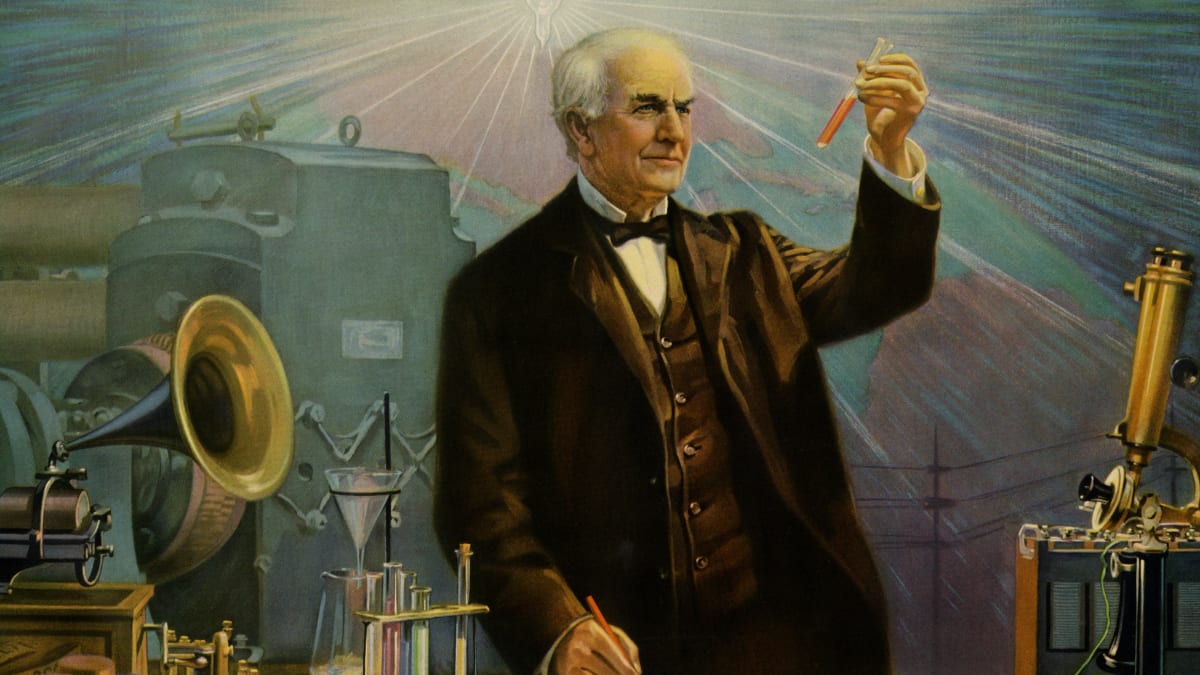“Paul, called to be an apostle of Jesus Christ through the will of God,
to the church of God which is at Corinth, to those who are sanctified
in Christ Jesus, called to be saints”
(1 Corinthians 1:1-2).
The first Epistile to the Corinthians was written in Ephesus, where Paul developed his ministry for three years, and was the main centerof his activities during his third missionary journey. The church in Corinth had been established during Paul’s second missionary journey. The apostle spent at least eight een months there. His work was arduous, but successful, as he established a properous church in a city of reference.
The purpose of this Epistle is twofold:
- To reproach apostasy, which had led to the introduction in the church of practices that corrupted the teacings of the gospel.
- To strengthen the belief an practise of some issues that believers themselves needed to clarify.
In the first chapter, Paul makes a strong call to unity, armed with authority that comes from God. He thus asks the Corinthians to agree on their words and actions, and to harmonize thoughts, intentions, and actions. The central point of the call to unity is the cross and the sacrifice of Jesus, for only salvation unites everyone.
The apostle concludes the chapter by talking about the judgement God uses to call out people and the impact it causes.
“But God chose the foolish things of the world to shame the wise.
He chose the weak things of the world to shame the strong.
And God chose what the world thinks is not important –
what the world hates and thinks is nothing. He chose these
to destroy what the world thinks is important” (1 Cor. 1:27-29).
God chose what the world despises and says has no value. Behind humility can be wisdom, behind fragility there can be strenght, and behind the simple there can be something extraordinary.
Imagine for a moment being on Calvary. If we had to have signed Jesus’s death certificate, what would we have recorded as the cause of His death? Something like this: “I certify that, on this day, of this month and year, at the sixth hour, Jesus of Nazareth died due to …” Due to what? Paul himself says: “I delivered to you first of all that which I also received: that Christ died for our sins according to the Scriptures” (1 Cor. 15:30).
The sacrifice of Christ at the cross
brings us together for the mission.
Today, “before the sun sets, think of some act
that leads to someone’s conversion
and carry it out with all your might.”
God bless you…










